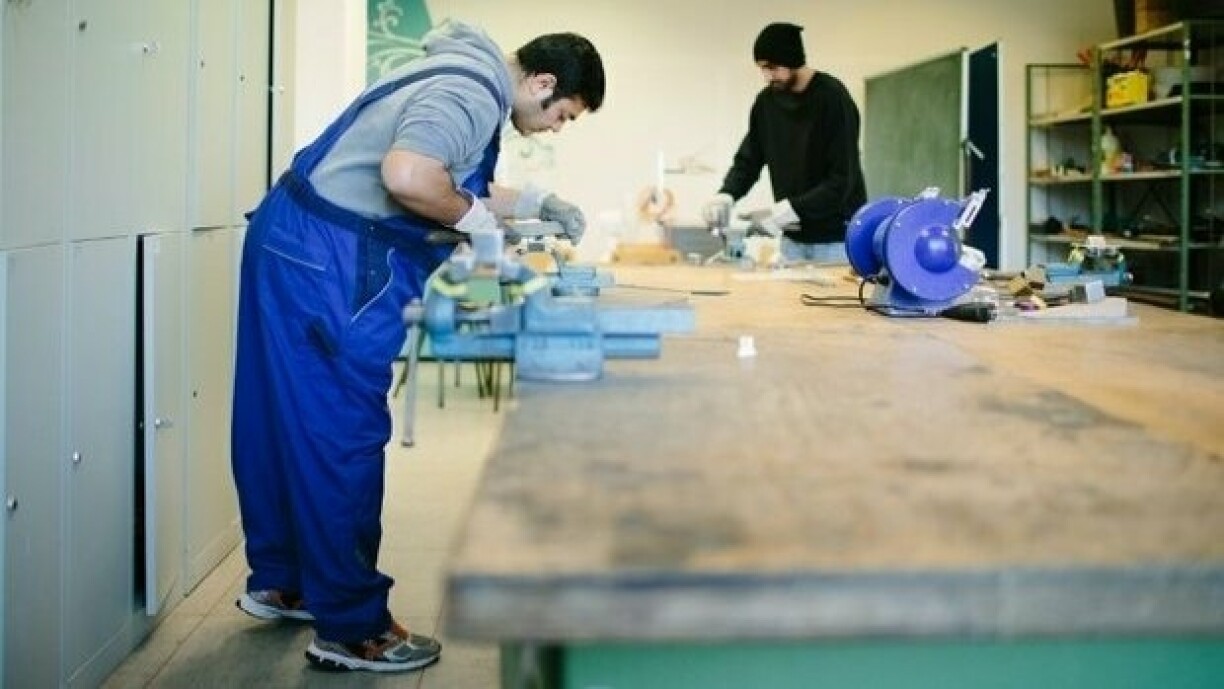
According to Carlo Thelen, director of the Chamber of Commerce, confidence is now “below the trend seen during Covid. From the second semester of 2021, we saw a resurgence in confidence. Why? Because at that moment companies had perspective. There were vaccines and there was hope that the vaccines would work quickly.”
“Now there is little perspective. You just don’t know where we are headed,” says Thelen.
More than one third of companies stated that they expect their profitability to decrease in the coming six months.
Housing, transport, flexible working hours - how can one counter the lack of qualified and also unqualified personnel in Luxembourg?
At a round table of the Chamber of Commerce, 4 employers and the representatives of 7 political parties debated among other things about this challenge, looking ahead at the 2023 elections.
Unemployment is high, but companies cannot find enough employees - apart from high absenteeism, housing and mobility are the main problems, according to Carole Muller, head of a bakery chain and president of the trade confederation.
“A saleswoman who has a qualified or unqualified minimum wage with a premium today can almost no longer live in Luxembourg”, she underlines. She would have to move to France, Germany or Belgium, with a daily commute of an hour and a half.
People should be given the opportunity to start working sooner or later and also be able to divide their work more flexibly, according to Stéphanie Jauquet, owner of a catering company.
“You can also work on 3 or 4 days per week. It’s 10 hours of work per day maximum, maybe people prefer to work 3 days of 12 hours per day.”
For a salesperson that may not be possible, but in other sectors the priority should lie on a right to telework, said the president of the young liberals Michael Agostini.
“We can’t take the decision not to promote telework to save the catering industry. It will be necessary to support the catering industry in a transition in a world where we have less people moving to large offices.”
For deputy Roy Reding, bringing in more qualified personnel from abroad could be made attractive by simplifying the “incredible process” at the Ministry of Foreign Affairs. It works for large companies and banks who make the request themselves, but not for all firms, says Reding.